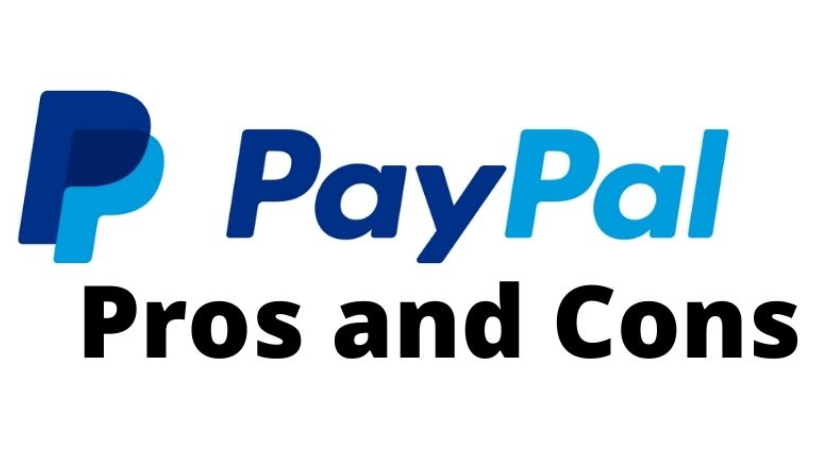Pros:
- Global Reach: PayPal operates in more than 200 countries and supports multiple currencies, making it an excellent option for businesses with an international customer base.
- Trustworthiness: Given its longevity and widespread use, many customers trust and are familiar with PayPal, which can increase conversion rates.
- Easy Integration: PayPal offers various integration methods, including simple website buttons for beginners and APIs for more advanced integrations.
- Mobile Optimization: PayPal’s payment system is optimized for mobile, and they offer tools like One Touch checkout for quicker mobile payments.
- Protection for Sellers and Buyers: PayPal has robust policies and systems in place for fraud prevention. They offer protection for both sellers against chargebacks and buyers against non-delivery or misrepresented items.
- Flexible Payment Options: Users can link multiple credit cards, debit cards, and bank accounts. PayPal Credit also provides financing options for consumers.
- No Monthly Fees: For standard transactions, there are no monthly fees, setup fees, or cancellation fees.
- Freelancer and Small Business Services: PayPal is popular among freelancers and small businesses due to features like invoicing, easy receiving, and sending payments.
Cons:
- Fees: While PayPal doesn’t have monthly fees for basic services, their transaction fees, especially for international transactions, can be higher than some competitors.
- Account Holds and Freezes: One of the most frequent criticisms of PayPal is sudden account limitations or freezes, which can be due to suspected fraudulent activity or other issues. This can disrupt business operations.
- Customer Support: Some users have reported challenges in dealing with PayPal’s customer service, especially when trying to resolve disputes or account issues.
- Disputes Can Favor Buyers: While PayPal offers seller protection, many sellers feel that dispute resolutions tend to favor buyers, which can result in losses for businesses.
- International Conversion Fees: For businesses operating in multiple currencies, PayPal’s currency conversion fees can add up.
- Lack of Customization: While PayPal is easy to integrate, there are limitations in customizing the payment experience compared to other gateways like Stripe.
- Competitor Limitations: Some platforms and services that view PayPal as a competitor might limit or prevent its use.
Conclusion: PayPal remains a significant player in the online payment space due to its broad user base and recognition. It’s particularly suited for small businesses, freelancers, and those just starting in the eCommerce space. However, larger enterprises or those looking for more customization and control might weigh the benefits against the potential drawbacks when considering PayPal as their primary payment gateway
